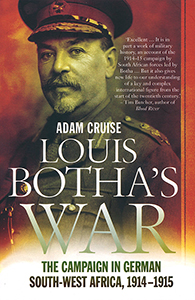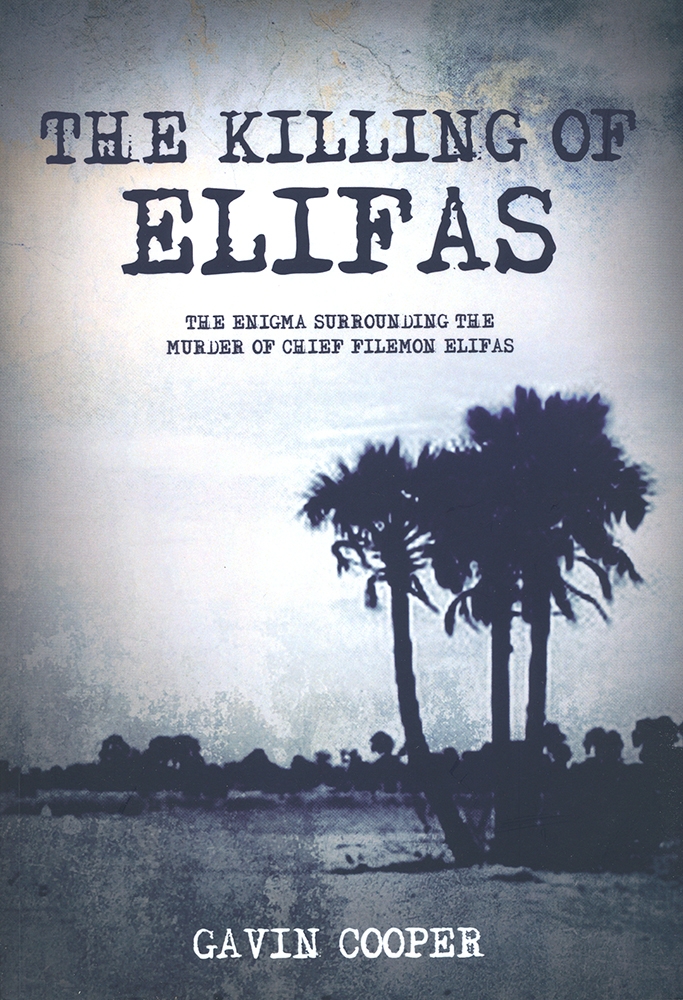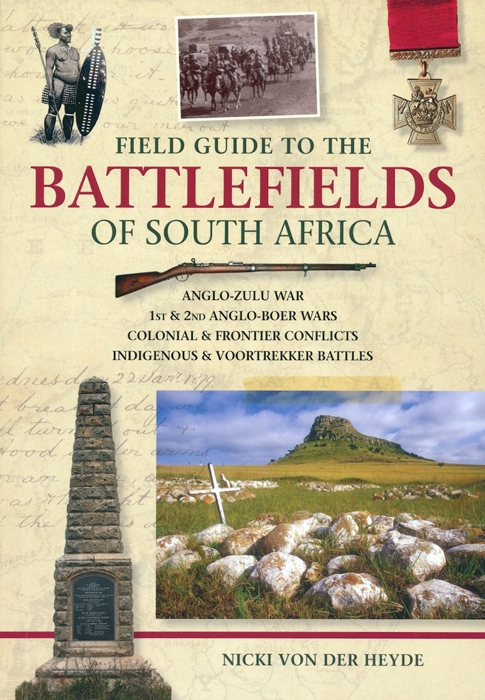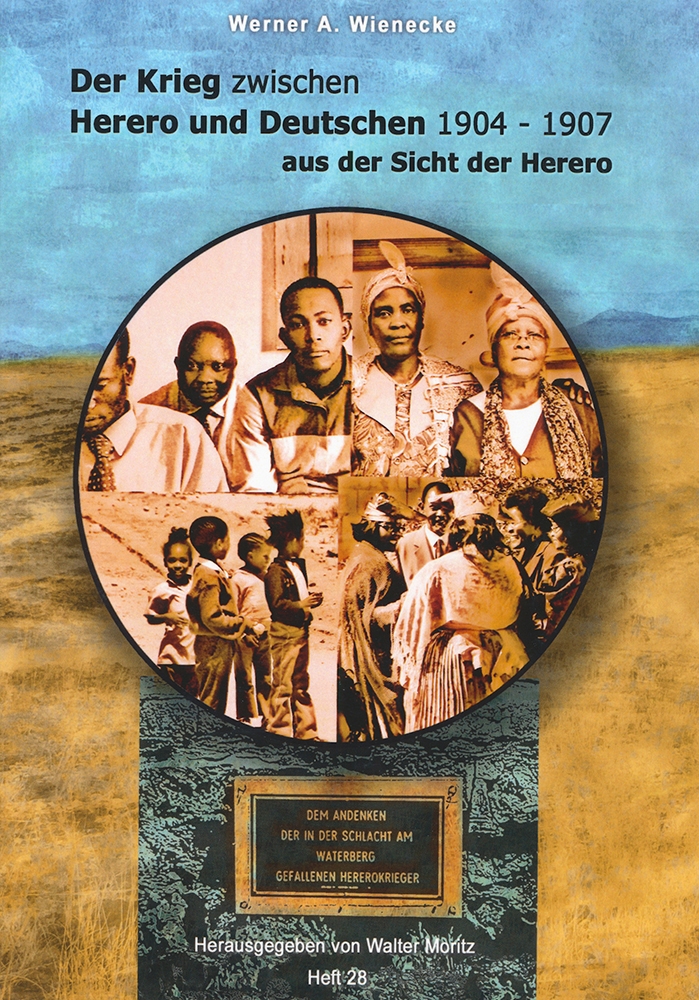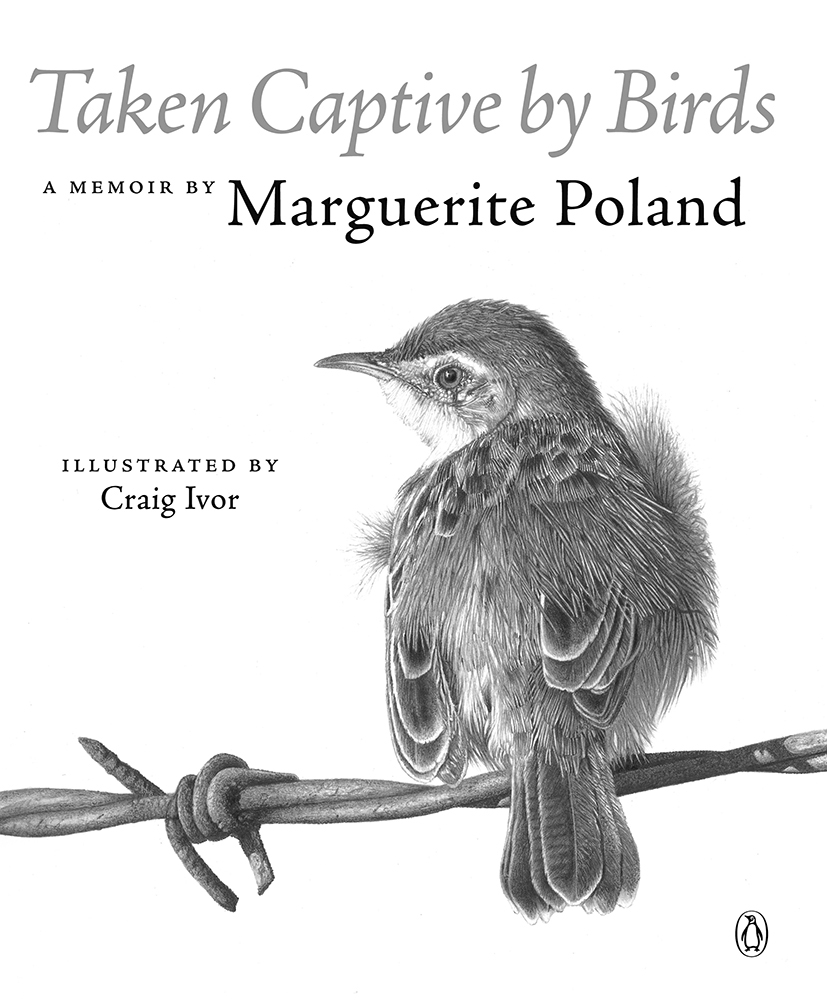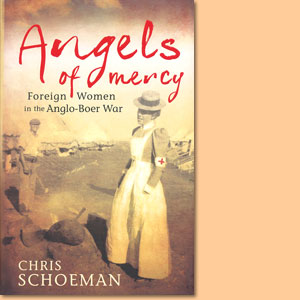Louis Botha's War. The campaign in German South-West Africa 1914-1915, by Adam Cruise
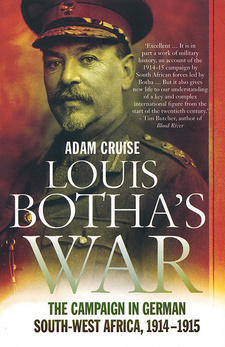
Louis Botha's War. The campaign in German South-West Africa 1914-1915, by Adam Cruise. Random House Struik, Zebra Press. Cape Town, South Africa 2015. ISBN 9781770227521 / ISBN 978-1-77022-752-1
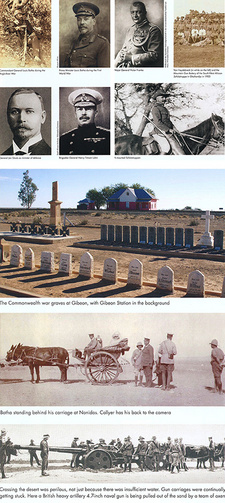
Images from Adam Cruise's book Louis Botha's War. The campaign in German South-West Africa 1914-1915 (ISBN 9781770227521 / ISBN 978-1-77022-752-1)
1914, the anglophil prime minister of the Union of South Africa, Louis Botha, agreed to invade German South-West Africa in order to support the British geopolitical strategies and their war plans. Before he had to surpress resistance within the Afrikaner population who in parts would refuse to assist the British as a former, most-hated enemy in the Anglo-Boer Wars.
The Empire writes back
Sometime during the last week of July 1914, two men had a brief exchange in the courtyard of the House of Commons shortly after question time. 'What's going to happen?' one asked anxiously. On receiving the answer he left looking grave. That evening he cabled Pretoria with the following message: 'Tell Botha, Churchill thinks it's war and Britain is involved.' Louis Botha, prime minister of the fledgling Union of South Africa, however, was not in Pretoria. He and his wife, Annie, were far away in Northern Rhodesia. They were due to return to South Africa in the first week of August on a steamship sailing from Beira in Portuguese East Africa. Nevertheless, 1st Baronet Sir David de Villiers-Graaff s cable from London was immediately relayed north, where it reached Botha just before he was due to board. Cancelling the sea passage, he instead returned to Pretoria by train. Britain declared war on Germany on 4 August 1914. As a dominion of the British Empire, South Africa was automatically drawn into the conflict. The news of a European war could not have come at a worse time for Botha. It was a mere twelve years since the signing of the Treaty of Vereeniging which brought an end to the Anglo-Boer War of 1899-1902, a bitter conflict that pitted Briton against Boer, and the wounds still ran deep. The Union, made up of two former colonies and two previously independent states, was itself only four years old and already the Afrikaners were fighting among themselves over the path the new country should take. Botha's own policy was to pledge reconciliation between the two disparate groups of whites, the one English, the other Afrikaans, but his fellow countrymen were still smarting from defeat at the hands of their traditional foe. Botha's placatory tonic was too bitter to swallow for many South Africans of Dutch descent. Despite gaining self-governance, and even though that government was led by a famous Boer general, with fellow Afrikaners and generals in the cabinet, many die-hard Boers or bittereinders (bitter-enders) still hankered after notions of an Afrikaner republic and remained vehemently anti-British. As recently as January 1914, the Afrikaner ranks within Botha's own cabinet had splintered over government policy. Those with nationalist and republican sentiments broke away under the leadership of General James Barry Munnik Hertzog to form the National Party, an organisation that would, after a few modifications, one day plunge the country into the now infamous racial system of apartheid. The schism in the prime minister's own ranks was a blow to his delicate policy of reconciliation, but he was feeling pressure from both sides. The Union had just endured a spate of violent miner strikes on the Rand, where communist and socialist elements of the largely English-speaking Labour Party did little to assuage the negative perceptions of their conservative and pious agricultural brethren on the other end of the white spectrum. To add to the turmoil, the land was rife with racial tension. In 1913, the Natives Land Act had effectively removed much of the black population from white-owned areas and placed them in reserves. These relocations were the hallmarks of apartheid, still thirty-five years away from being formalised, and have forever tarnished Botha's name. In direct response to these measures, the South African Native National Congress was formed. This socio-political party of mainly black and some concerned liberal white South Africans was the forerunner of the African National Congress that now governs the country after almost a century of struggle against white domination. [...]
This is an excerpt from the book: Louis Botha's War, by Adam Cruise.
Title: Louis Botha's War
Subtitle: The campaign in German South-West Africa, 1914-1915
Author: Adam Cruise
Genre: Military history
Publisher: Random House Struik
Imprint: Zebra Press
Cape Town, South Africa 2015
ISBN 9781770227521 / ISBN 978-1-77022-752-1
Softcover, 22 x 28 cm, 240 pages, several photographs
Cruise, Adam im Namibiana-Buchangebot
Louis Botha's War
The book Louis Botha's War introduces aspects of the military campaign in German South-West Africa in 1914-1915.
Weitere Buchempfehlungen
South African Battles
South African Battles describes 36 military conflicts of South Africa's long history as well as the battle sites.
The killing of Elifas
The killing of Elifas: The Enigma surrounding the Murder of Namibian Chief Filemon Elifas.
Field Guide to the Battlefields of South Africa
The Field Guide to the Battlefields of South Africa presents 71 battles, giving directions and co-ordinates, while timelines place each battle in its time context.
Der Krieg zwischen Herero und Deutschen aus Sicht der Herero
Krieg zwischen Herero und Deutschen aus Sicht der Herero. Nach Forschungen von Werner Andreas Wienecke und Dr. Theo Sundermeier1966 im Arminiuis-Reservat in Namibia.
At the Fireside: True Southern African Stories
At the Fireside tells true Southern African stories and tales of people, places, patriots, battles and heroes.
Heidelbergers of the Boer War
Heidelbergers of the Boer War is the remarkable story of the people of the South African town Heidelberg.
Taken captive by birds
Taken Captive by Birds is a collection of Marguerite Poland’s discovery of birds in young years and the role they have played in her life.
Angels of Mercy: Foreign Women in the Anglo-Boer War
Angels of Mercy tells true stories of compassion and courage of altruistic foreign women in the Anglo-Boer War.

